European Leaders Gather To Address Security And Support For Ukraine
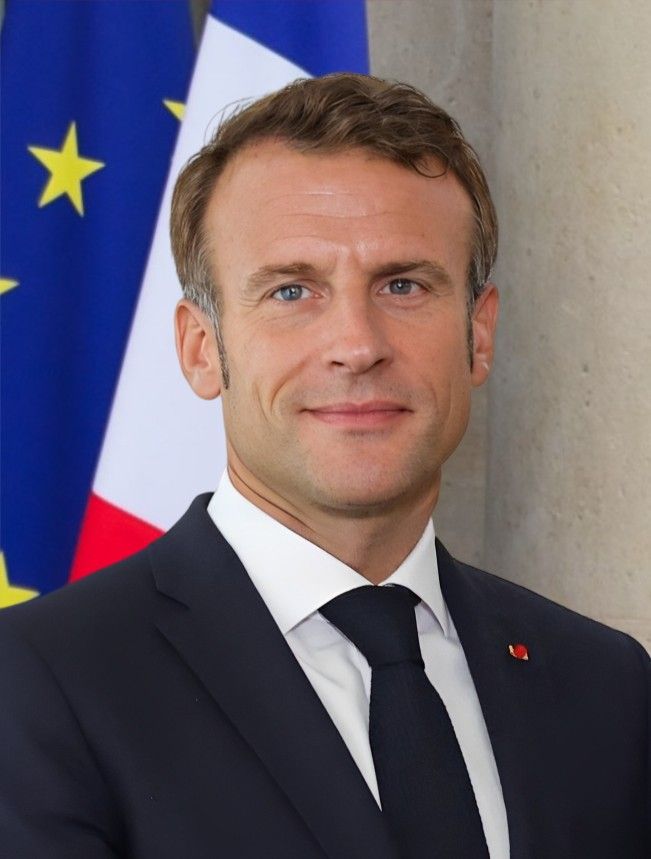

France announced on Sunday that it will host a summit of European leaders on Monday to discuss the ongoing Ukraine war and European security. This comes as Europe seeks a more unified response to U.S. President Donald Trump's unilateral approach to the conflict.
Trump's Ukraine envoy, Keith Kellogg, stated on Saturday that Europe would not be included in peace talks regarding Ukraine, following Washington’s decision to send a questionnaire to European capitals asking what they could contribute to security guarantees for Kyiv.
France’s Foreign Minister Jean-Noel Barrot confirmed the summit, saying, "(Macron) will convene the main European countries to discuss European security." He described the meeting as a working session that should not be “over-dramatised.”
Over the past three years, Europe has faced criticism for its disunity and political weakness, struggling to formulate a cohesive plan to address the war in Ukraine and its dealings with Russia. Despite numerous similar summits, the continent has yet to come together with a clear strategy.
Although the French presidency has not officially announced the meeting, diplomats confirmed invitations were sent for a summit to be held on Monday afternoon.
Invitations have reportedly gone out to Britain, Germany, Poland, Italy, Denmark (to represent the Baltic and Scandinavian countries), the European Union leadership, and NATO’s Secretary General. German Chancellor Olaf Scholz and Polish Prime Minister Donald Tusk are expected to attend, according to German government sources and Polish officials. The summit will focus on immediate assistance to Ukraine, the role Europe can play in providing security guarantees for Kyiv, and how to enhance Europe’s collective security.
Film, TV, and entertainment industry news. Plus, every Friday, a special Awards Insider edition.
By signing up, you agree to our user agreement (including class action waiver and arbitration provisions), and acknowledge our privacy policy.
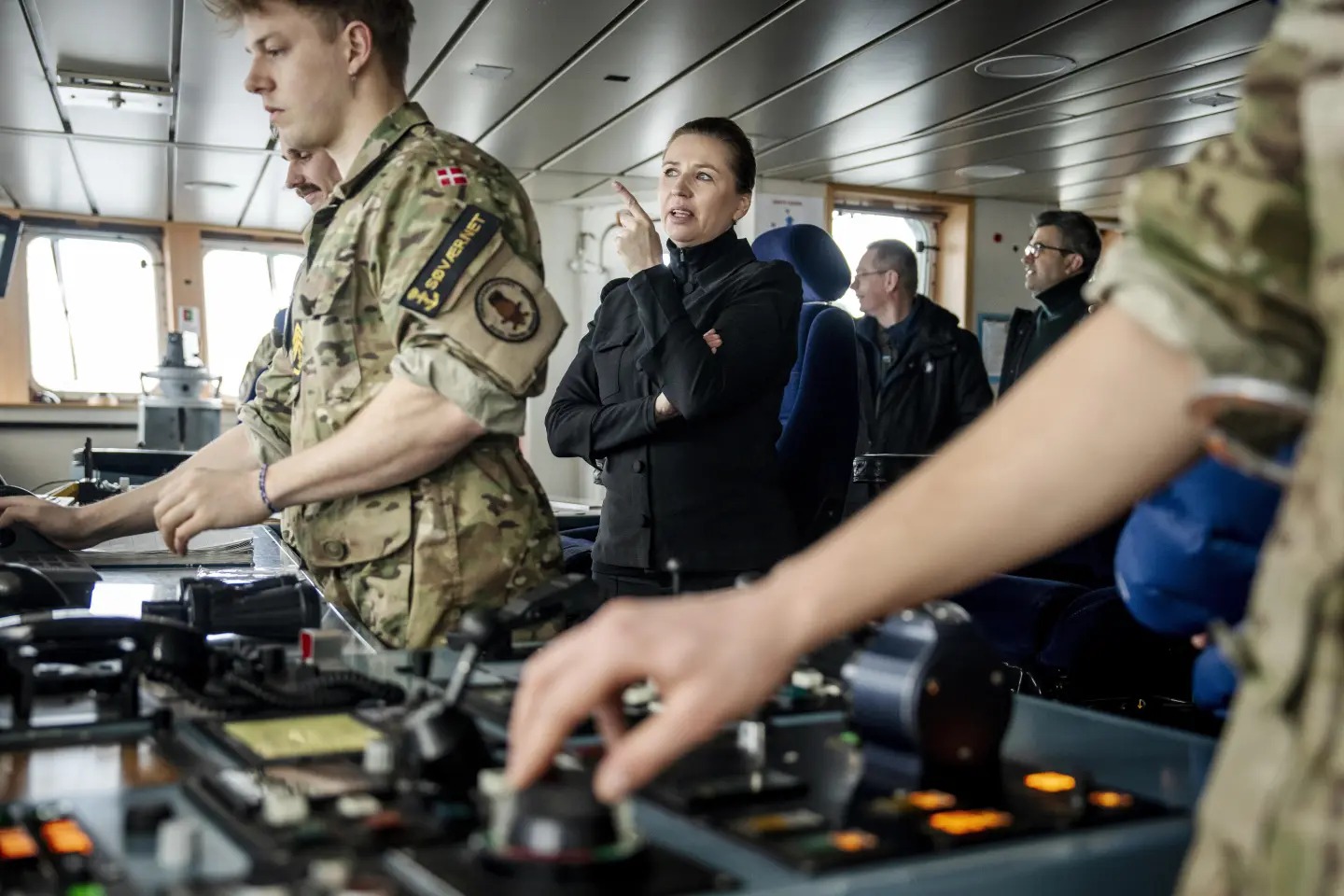
Danish PM Mette Frederiksen firmly rejects U.S. interest in Greenland, stating “You cannot annex another country” while reaffirming Denmark’s commitment to the Arctic territory’s sovereignty.
By Emil Pedersen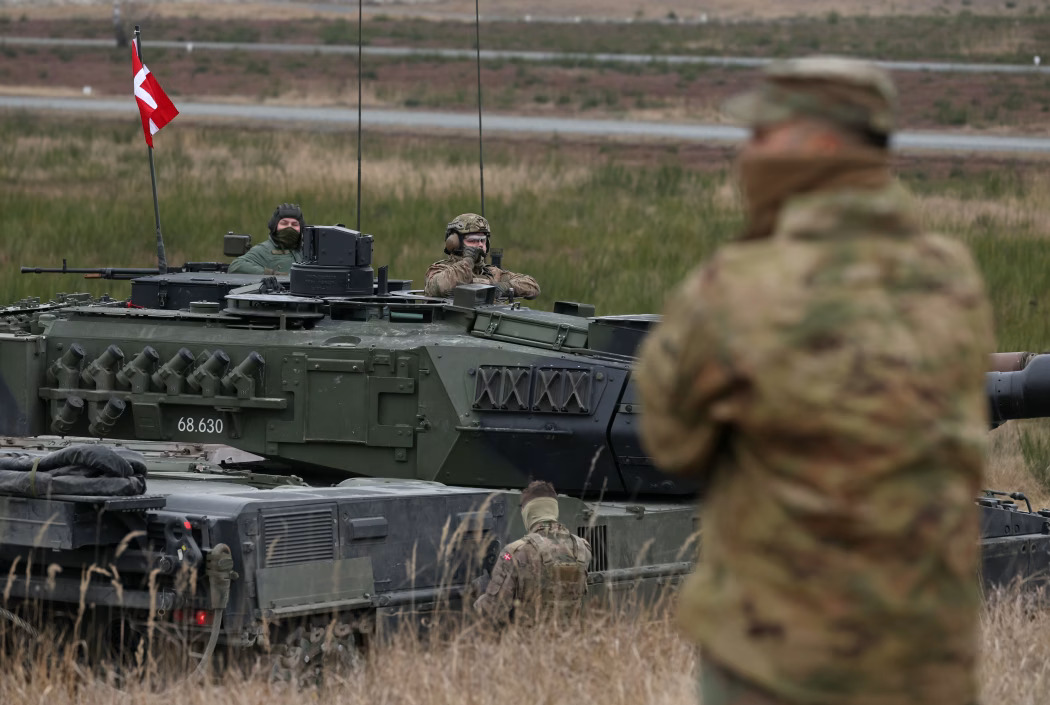
Denmark plans to increase its defense budget by 50 billion kroner ($7 billion), pushing spending beyond 3% of GDP, marking the highest investment in over 50 years to strengthen military capabilities and support NATO.
By Emil Pedersen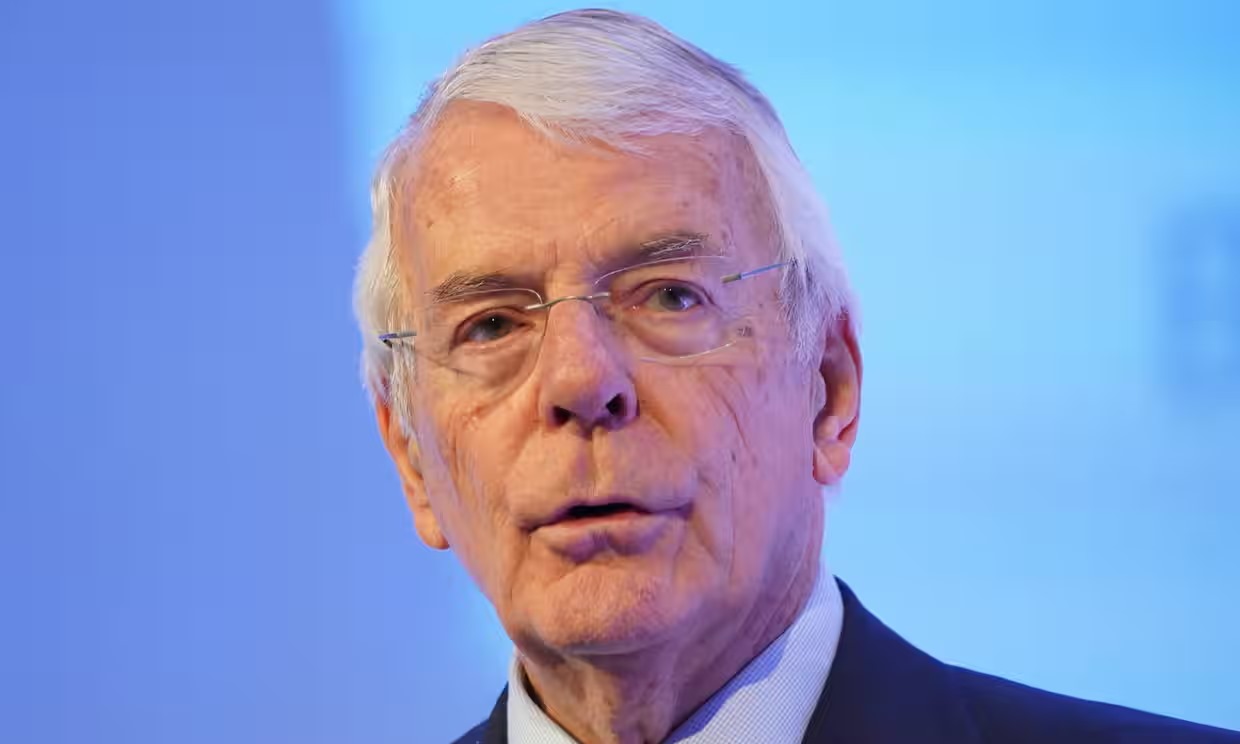
Former UK Prime Minister John Major warns that democracy is at risk due to Donald Trump's isolationist approach and China's growing global influence.
By Emil Pedersen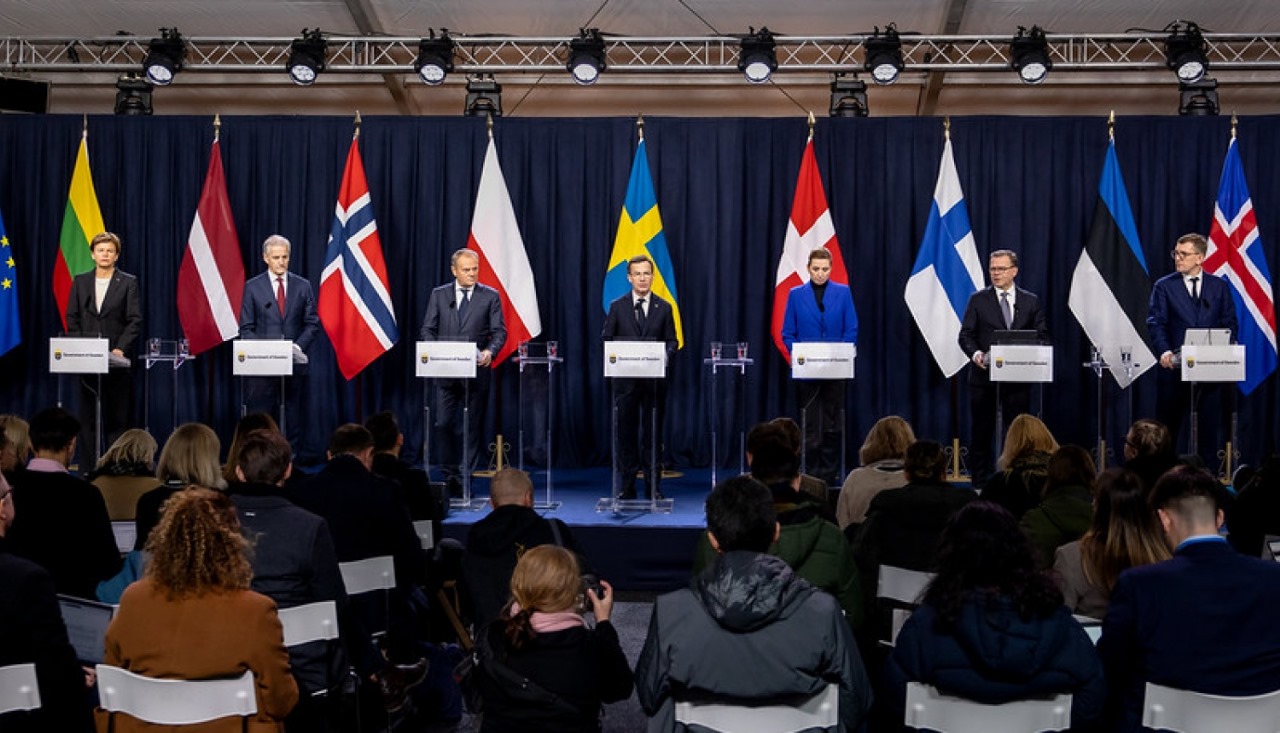
The Nordic and Baltic countries have reaffirmed their unwavering support for Ukraine in its fight against Russia, pledging to enhance military aid, economic assistance, and diplomatic backing.
By Lars Nielsen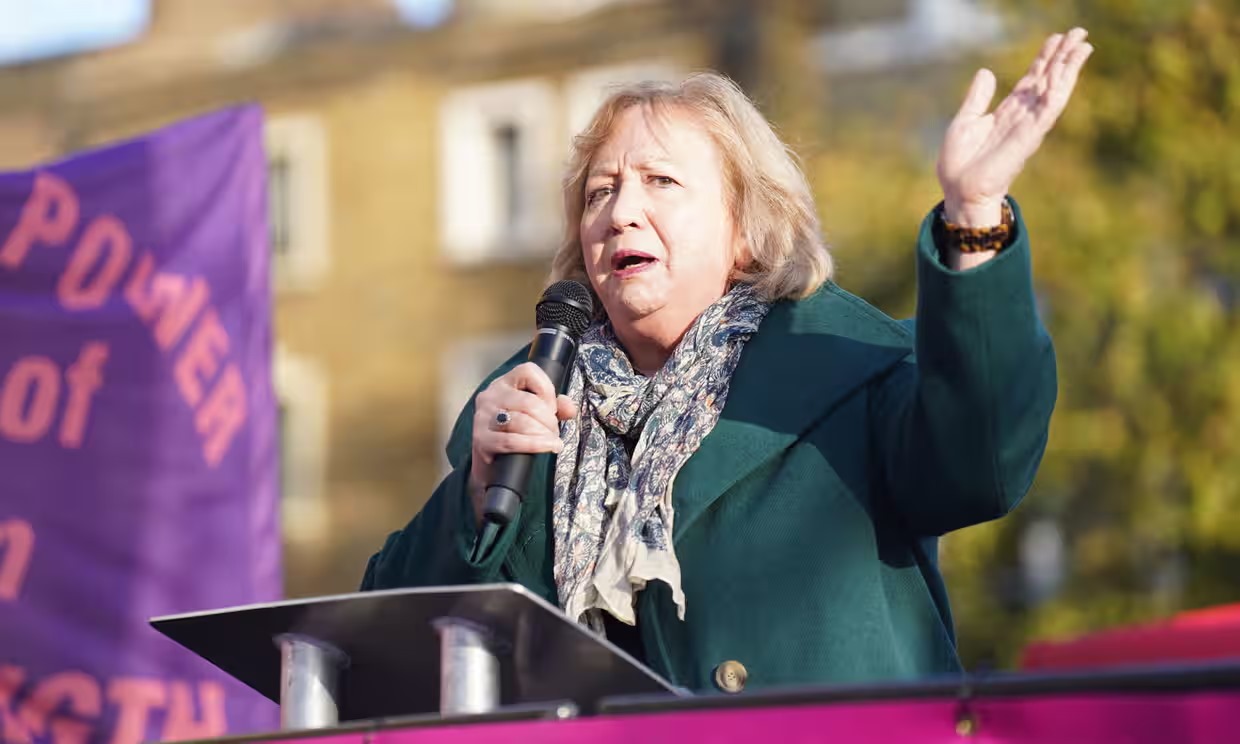
A growing coalition of union leaders, bishops, and refugee advocates has challenged the UK government's policy denying citizenship to refugees arriving via small boats. Critics argue the policy fosters division, risks escalating far-right rhetoric, and contradicts integration efforts.
By Emil Pedersen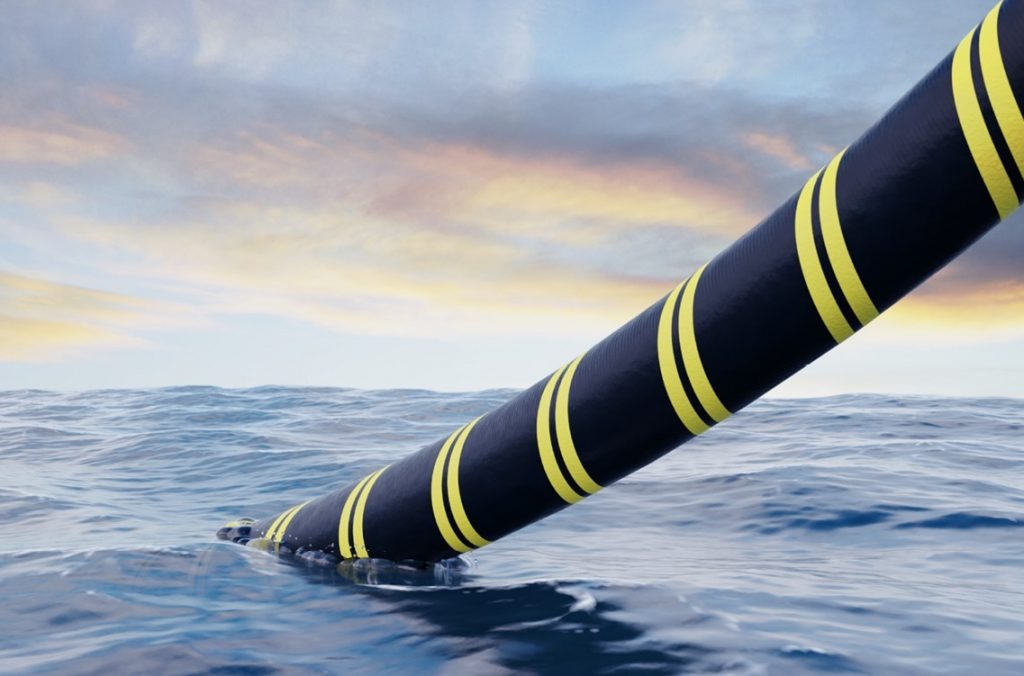
Sweden and Denmark are set to replace two aging undersea power cables, Konti-Skan 1 and 2, to enhance electricity transmission capacity between the two countries.
By Lars Nielsen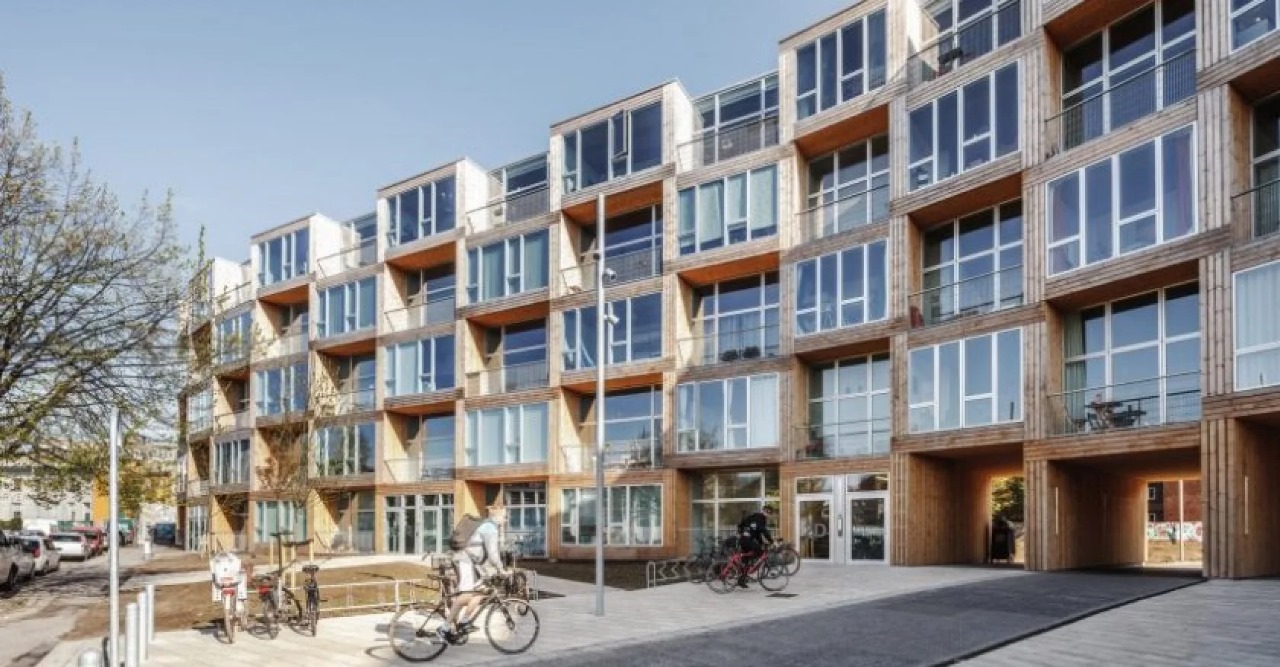
Denmark’s ethnic relocation policy faces EU court challenge over discrimination.
By Emil Pedersen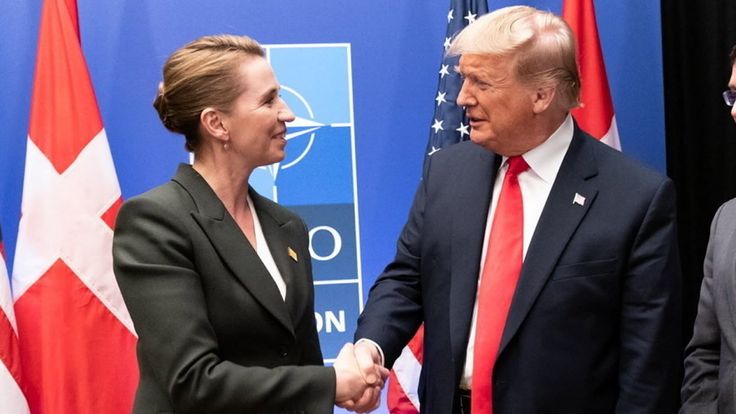
Greenland's independence movement gains momentum amid growing U.S. interest. Pro-independence party Naleraq sees Trump's comments and shifting U.S. policies as strengthening Greenland’s negotiating position with Denmark.
By Lars Nielsen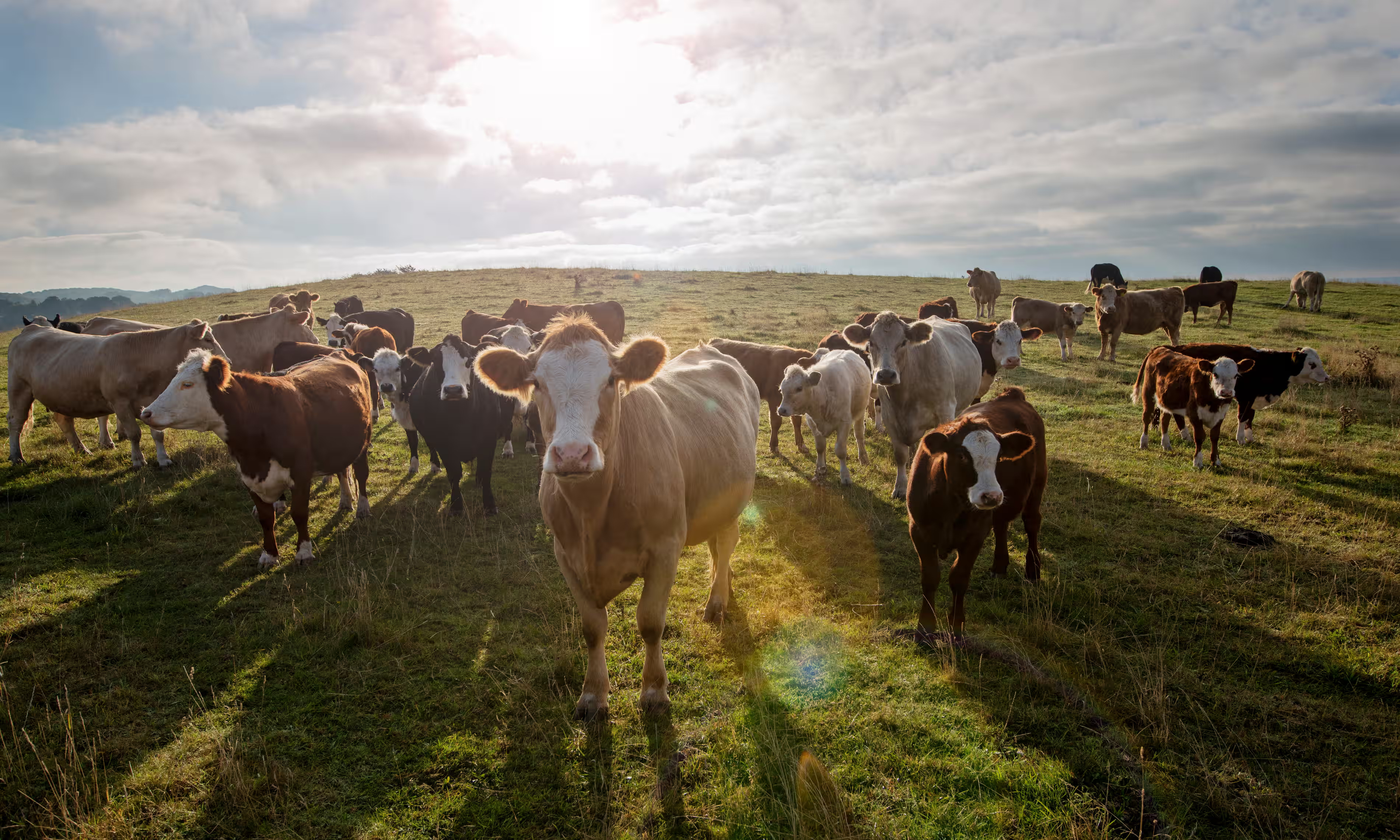
Denmark is investing €170 million in a plant-based food initiative to lower agricultural emissions, support food innovation, and promote sustainable business growth.
By Emil Pedersen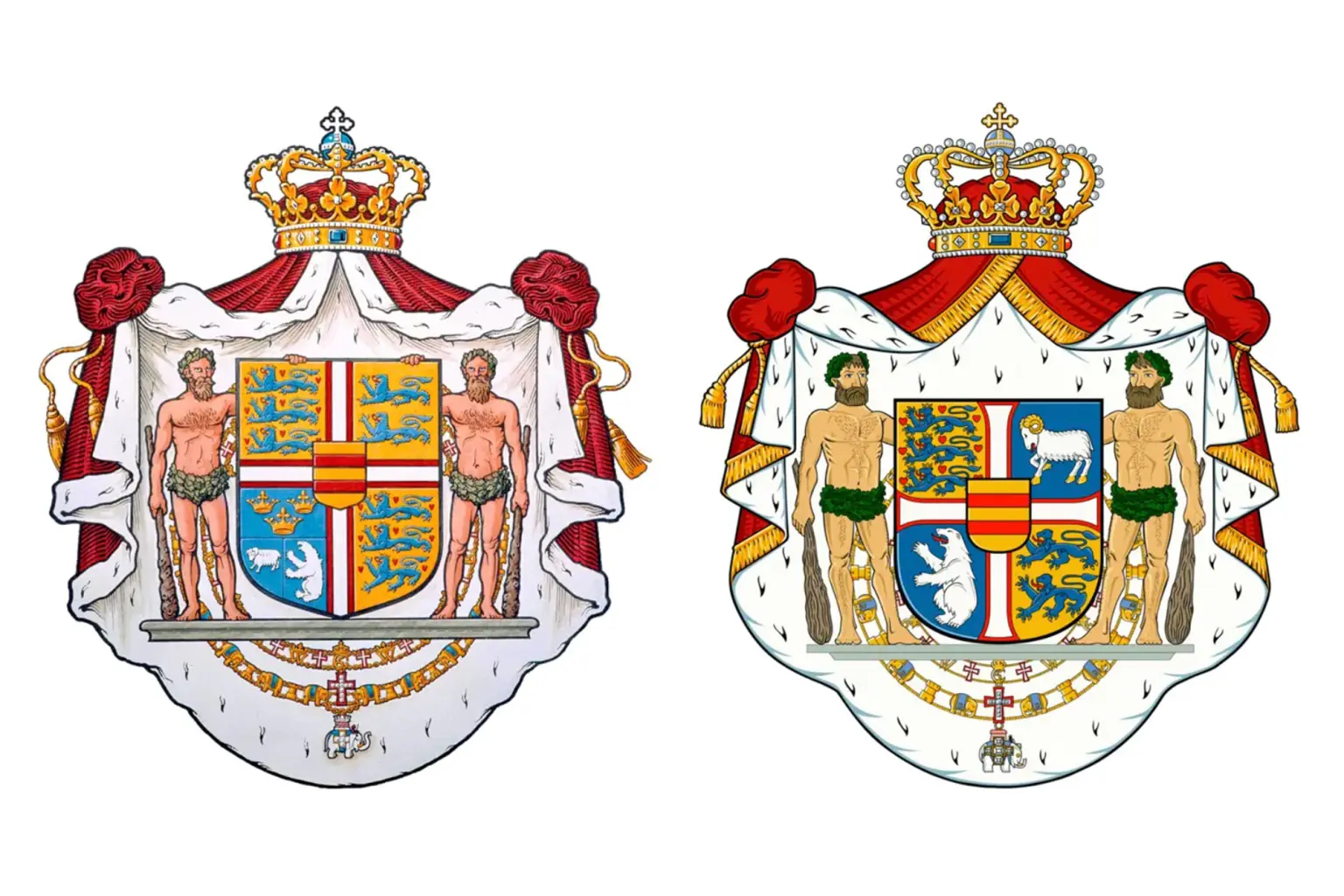
In response to U.S. interest in Greenland, Denmark’s King Frederik X updated the royal coat of arms, emphasizing Greenland’s significance and reaffirming Danish sovereignty.
By Lars Nielsen